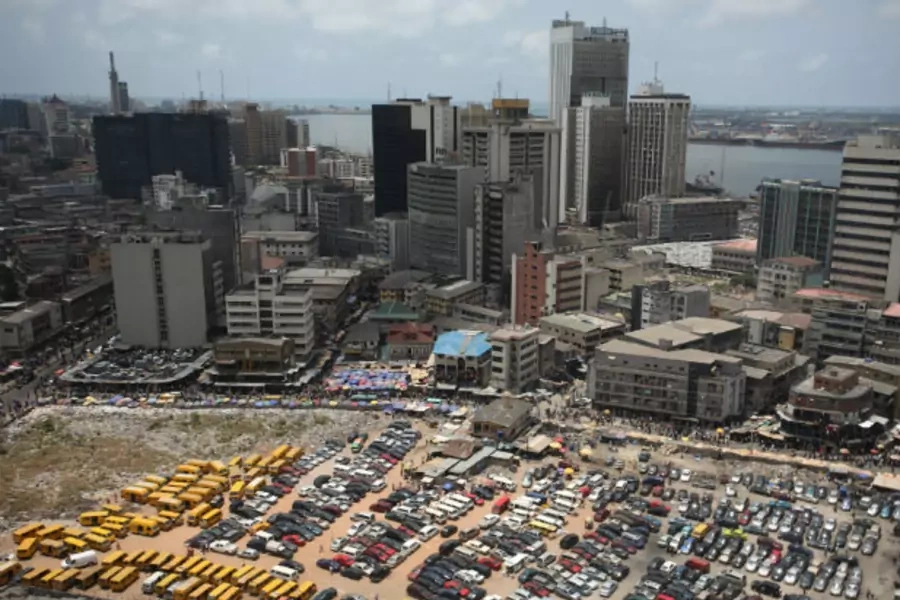More on:
This is a guest post by Owen Cylke. Mr. Cylke is a development professional and a retired senior foreign service officer with USAID.
A spate of press articles over the past several months speculate on the quality and direction of development in Africa. For the most part, the articles reflect the establishment view that things are looking brighter; but brighter for whom?
For politicians who look for any sign of progress that might generate electoral capital? For investors who take advantage of promising reports and then lobby for ever-increasing favorable treatment in regulatory regimes? Or for international consulting organizations that would build on optimism for their marketing efforts? But certainly not brighter for the poor who continue to hover at the 50 percent breakpoint–50 percent earning more or less than $1.25 a day. Certainly not for the burgeoning populations of young people seeking employment off-farm and in Africa’s cities.
Indeed, if there is a singular sign of weakness on the development front, it is the African disconnect from the global experience and historical association that industrialization and urbanization create higher and more productive levels of employment and contributions to national GDP.
While the international development community remains preoccupied with agriculture and the rural sector, African heads of state are looking beyond that to a larger and historically grounded understanding of the development process–a process known as economic transformation. Their understanding is that the real test for development will be found in the extent to which economies can successfully move labor and resources into activities with high and increasing levels of productivity. And it is widely recognized that these activities are more likely to be in the industrial and urban rather than agricultural and rural sectors.
It is true, even paradoxical, that the modernization of the agricultural sector is key to the desired transformation. But the failure of the development community to engage on a larger development agenda makes the transition from agriculture to industry, from rural to urban settlement, and from self-employment to formal wage employment difficult. Labor may well still flow out of agriculture; indeed it will. But in the absence of deliberate and targeted policies, it will be absorbed largely into the informal sector where the scope for sustained growth in productivity and incomes is limited. In the spatial dimension, that spells slums.
Just last week, the New Partnership for African Development’s (NEPAD) Planning and Coordination Agency (NPCA) and United Nations Economic Commission for Africa (UNECA) hosted a continental forum in Cotonou, Benin to further advance the intent of African leadership to achieve the long sought transition from an entrenched agricultural and rural development model to one that supports more productive industrial and urban activity. UNECA has recently also published a report on the importance and prospects for economic transformation in Africa as input to the debate surrounding the Millennium Development Goals post 2015.
This disconnect is now finding voice in the international community. New and established voices on the development front are contributing to the discussion. Writing in Foreign Policy, Rick Rowden notes that African economies are not generating the kind of employment off-farm that Asia did as part of its Green Revolution that lifted millions out of poverty. And the United States Agency for International Development (USAID) Alumni is sponsoring a workshop in collaboration with the Woodrow Wilson Center on May 22 directed to “Agriculture, Structural Change, and the Urban Imperative.”
More on:
 Online Store
Online Store
